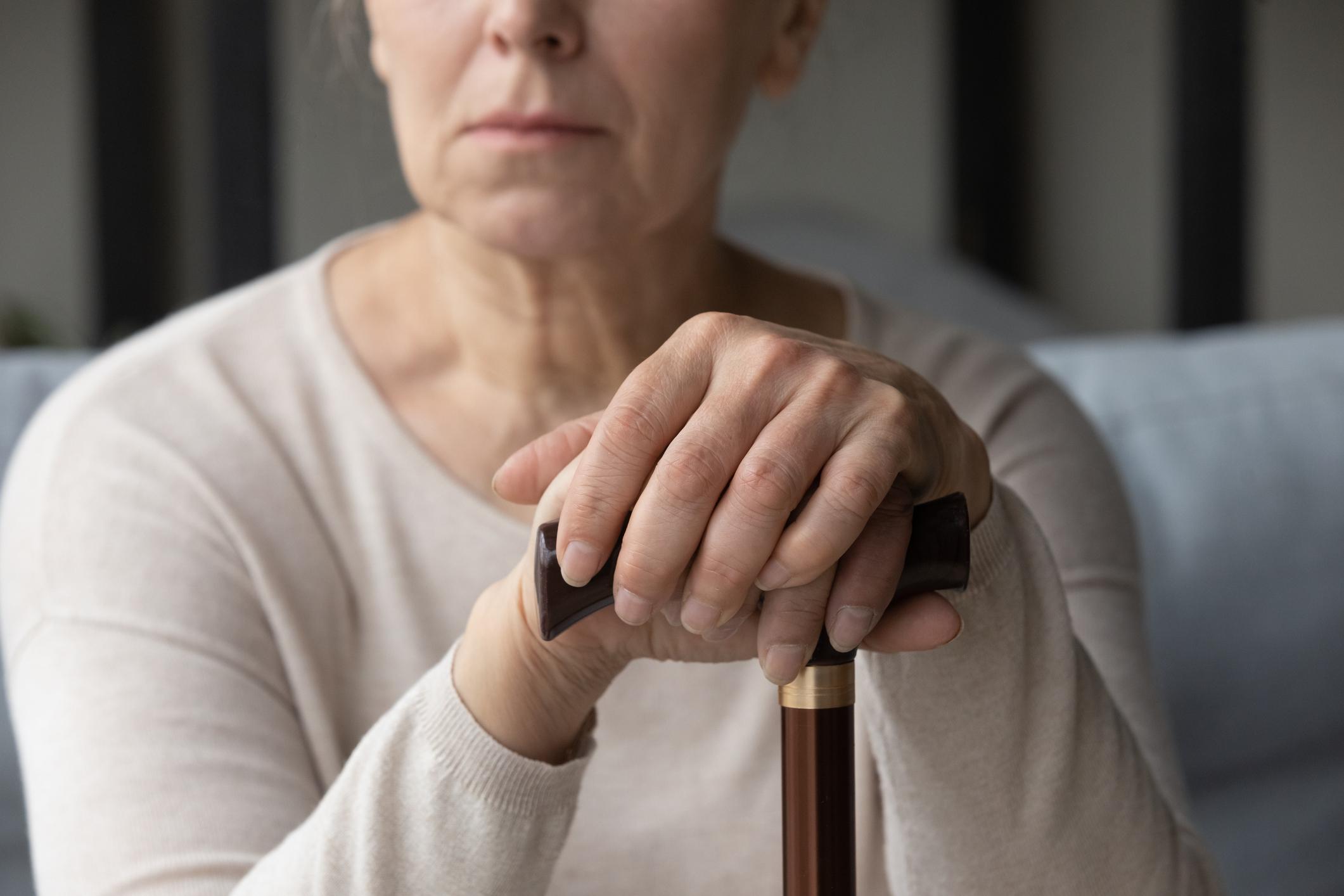Belgian researchers have found that a fecal microbiota transplant could reduce the progression of symptoms linked to Parkinson’s disease.

- Parkinson’s disease results in motor symptoms such as balance problems, rigidity and tremors.
- The appearance of these manifestations is due to the accumulation of protein clumps that are toxic to the nerve cells producing dopamine.
- Fecal microbiota transplantation could improve the motor symptoms of Parkinson’s disease, according to a Belgian study.
Progressively disabling, Parkinson’s disease manifests itself by the destruction of certain neurons in the brain and by the accumulation of protein clumps toxic to the nerve cells producing dopamine, which leads to the typical signs of the condition. This neurodegenerative pathology induces motor symptoms such as balance problems, rigidity and tremors.
The effects of fecal microbiota transplantation on the progression of Parkinson’s symptoms
At an early stage of the disease, protein clumps would form in the intestinal wall. They then reach brain cells via the vagus nerve, which connects the gut and the brain. According to various studies, patients affected by Parkinson’s disease often have an altered microbiome as well as a disrupted intestinal barrier compared to the healthy population.
Based on this observation, the neurology department of Ghent University Hospital (Belgium), Ghent University and a team from the VIB-UGent Center for Inflammation Research studied the impact of fecal microbiota transplantation ( FMT) with healthy gut bacteria on the progression of Parkinson’s disease symptoms. The patients were followed for a year, and this work was published in the journal The Lancet.

Stool transplant: improvement in motor symptoms within one year
For the purposes of the study, the research team recruited participants affected at an early stage by Parkinson’s disease as well as healthy donors who donated their stools to the Gentse Stoelgangbank. Volunteers affected by the neurodegenerative condition received the stool through a tube inserted through the nose and advanced into the small intestine, in order to administer the mixture directly there.
The scientists observed an improvement in motor symptoms, particularly between the sixth and twelfth months after transplantation. “Our results are really encouraging (…) After twelve months, participants who received stool transplantation from a healthy donor showed significant improvement in their motor score, the most important measure of Parkinson’s disease symptoms”, noted Dr. Arnout Bruggeman, first author of the study and researcher at VIB-UGent-UZ Gent. Future research is necessary to determine whether this treatment also helps slow the progression of the pathology.

















